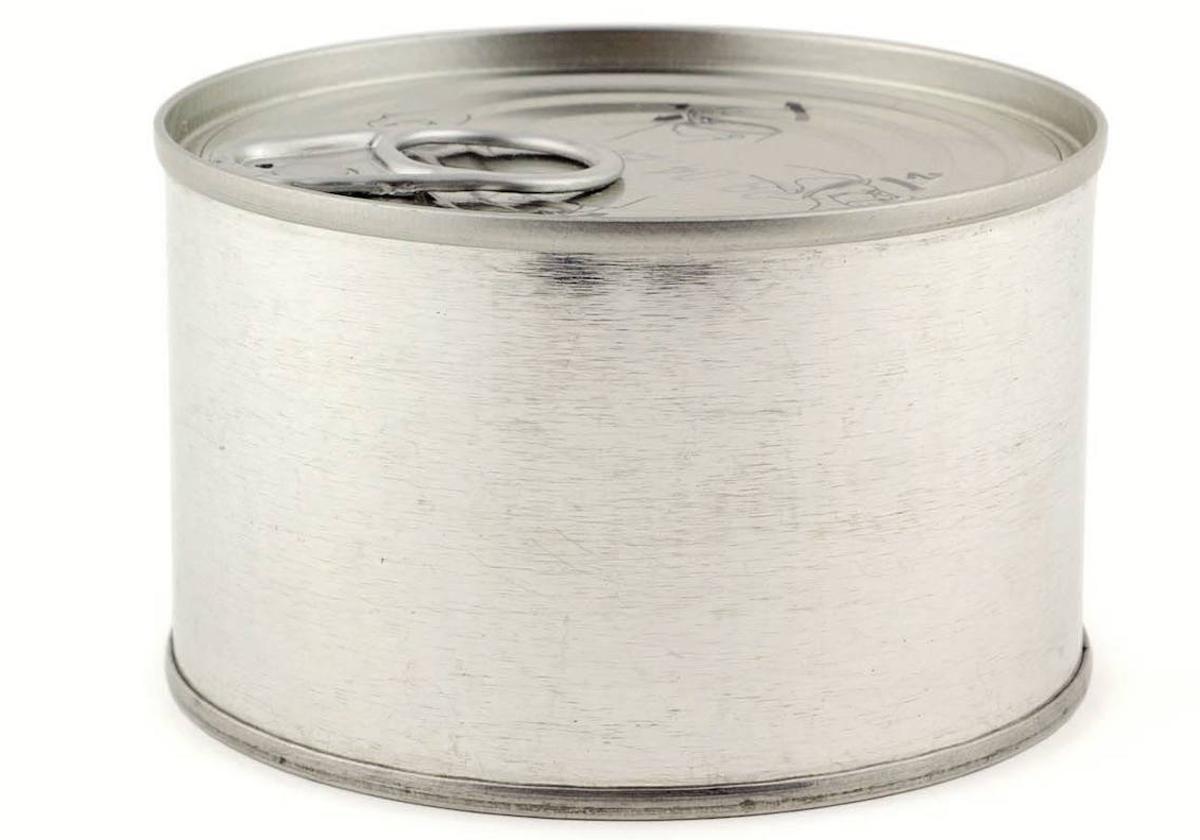Tins are good for us and the climate
We should be eating more tinned food, particularly fish. It is the most sustainable and environmentally-friendly nutriment that we can find
Andrew J. Linn
Viernes, 24 de febrero 2023, 12:02
Canned food is not too relevant these days. We often think of its consumers as modest people without freezers who live hand to mouth. When we glance at the tinned-food aisle in a supermarket, it is not always crowded, despite the visual delight of seeing some of the cans with their classic designs that have not changed in decades.
We should be eating more tinned food, particularly fish. It is the most sustainable and environmentally-friendly nutriment that we can find. Whichever fish is used, whether sardines or tuna, it provides the highest amount of protein with the lowest carbon footprint obtainable. For example, a tin of longfin tuna will last forever without refrigeration, with no loss of flavour or nutritional value, and no need for cooking. 'Conservas' are as popular in Spain as they ever have been and are frequently served in bars and restaurants.
While beef production involves the emission of 56 kilos of CO2 per edible tonne, longfin tuna uses six, and Atlantic herring (sardine) a tiny 0.6 kg.
While for some time investors have been funding the development of animal proteins cultured in a laboratory, there is, sitting on the supermarket shelf, ready to eat without research and development, a perfect low-carbon protein: tinned fish. «It has such a long shelf life that the actual food waste is almost zero,» says Henry Rich, owner of a wine bar in Brooklyn. His menu is built around pickled vegetables, hard cheeses, and tinned fish. He reminds us that cans found in 19th century shipwrecks are fit for consumption today.
